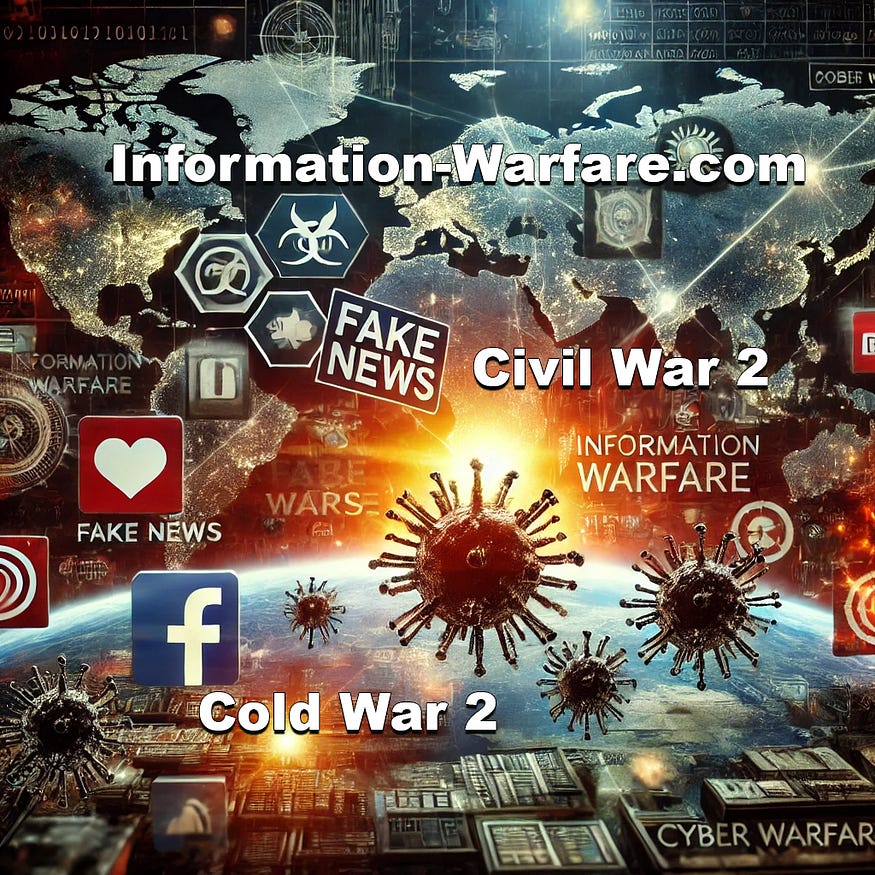The Battle for Truth in the 21st Century
Navigating the Complex Landscape of Information Warfare
Are We in an Information War?
Yes, we are currently experiencing what many experts refer to as an “information war.” This term refers to the strategic use of information to influence public opinion, shape political outcomes, and disrupt societal norms. This modern form of conflict involves various actors, including state and non-state entities, leveraging digital platforms and media to spread misinformation, disinformation, and propaganda.
In the digital age, the landscape of warfare has evolved beyond traditional battlefields to encompass the realm of information. Information warfare is the use of information technology to gain a competitive advantage over an opponent. This form of warfare involves the manipulation, distortion, and suppression of information to influence public opinion, disrupt societal norms, and destabilize political environments.
The Mechanics of Information Warfare
Information warfare can take many forms, including:
Cyber Attacks: These involve hacking into systems to steal data, disrupt services, or damage infrastructure.
Disinformation Campaigns: Spreading false or misleading information to manipulate public perception.
Propaganda: Using biased or misleading information to promote a political cause or point of view.
Psychological Operations: Tactics intended to influence the attitudes and behavior of populations.
Examples and Implications
Recent history provides numerous examples of information warfare in action. The Russian interference in the 2016 U.S. presidential election is a prime example, where disinformation and cyber attacks were used to influence the outcome. Similarly, the spread of fake news during the COVID-19 pandemic has shown how misinformation can have serious public health implications.
Deflection and Misdirection
One of the strategies employed in information warfare is deflection, where an entity distracts from the main issue by introducing a new, often controversial topic. For instance, Donald Trump’s tactic of making outlandish statements, like asking Russia to find Hillary Clinton’s emails, serves as a form of misdirection. This technique, often referred to as “whataboutism,” shifts focus away from the original issue and creates confusion.
The Role of Social Media
Social media platforms are key battlegrounds in information warfare. These platforms allow for the rapid dissemination of information, making it easy for false narratives to spread quickly. The algorithms that drive these platforms often prioritize sensational content, which can amplify the reach of disinformation.
Conclusion
As we navigate the complexities of the 21st century, it is crucial to recognize the reality of information warfare and its impact on society. Understanding these tactics and being vigilant against misinformation is essential for maintaining a well-informed public and protecting the integrity of democratic processes. The ongoing battle for truth requires a concerted effort from governments, technology companies, and individuals alike to ensure that facts prevail over falsehoods.


